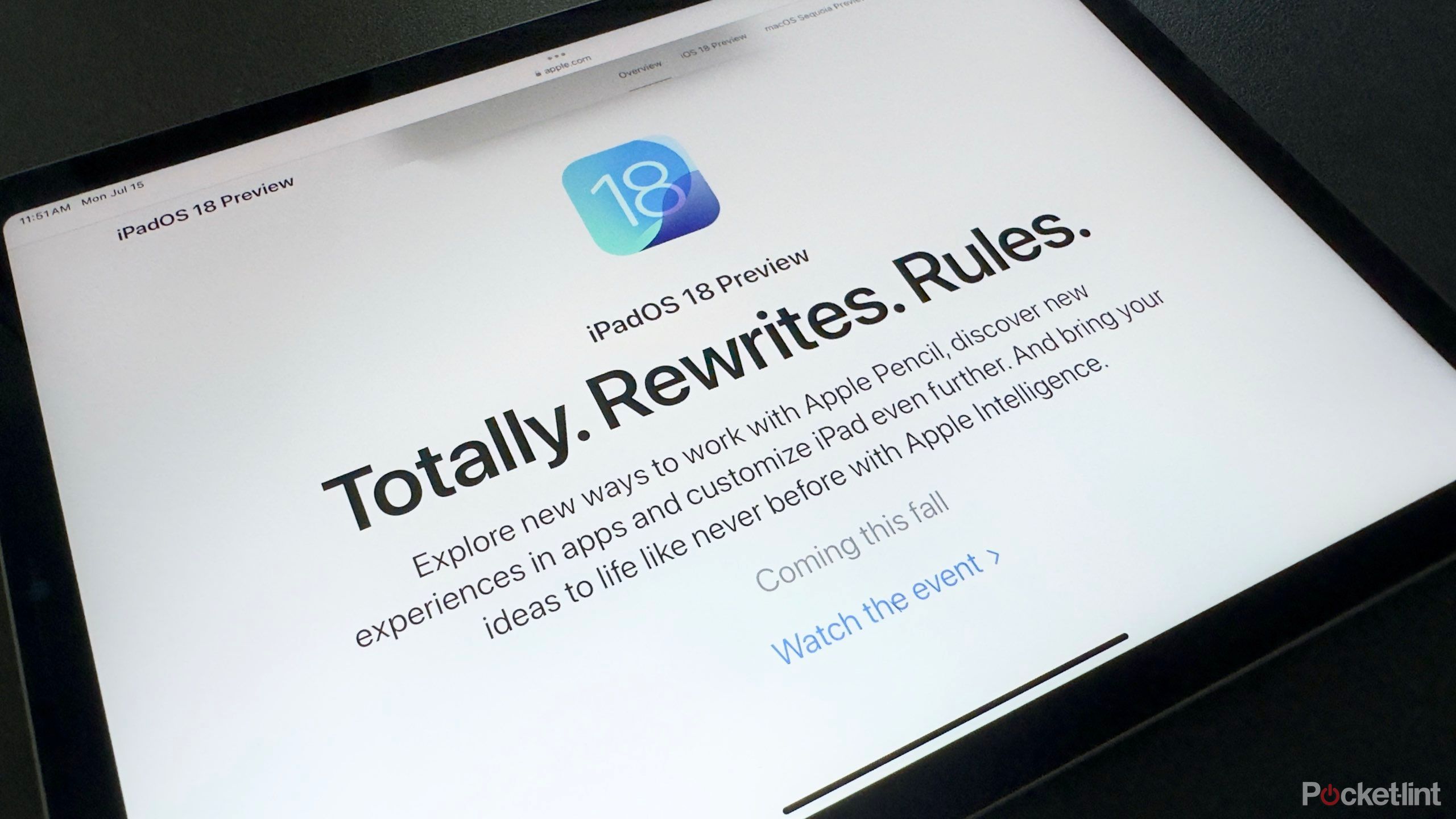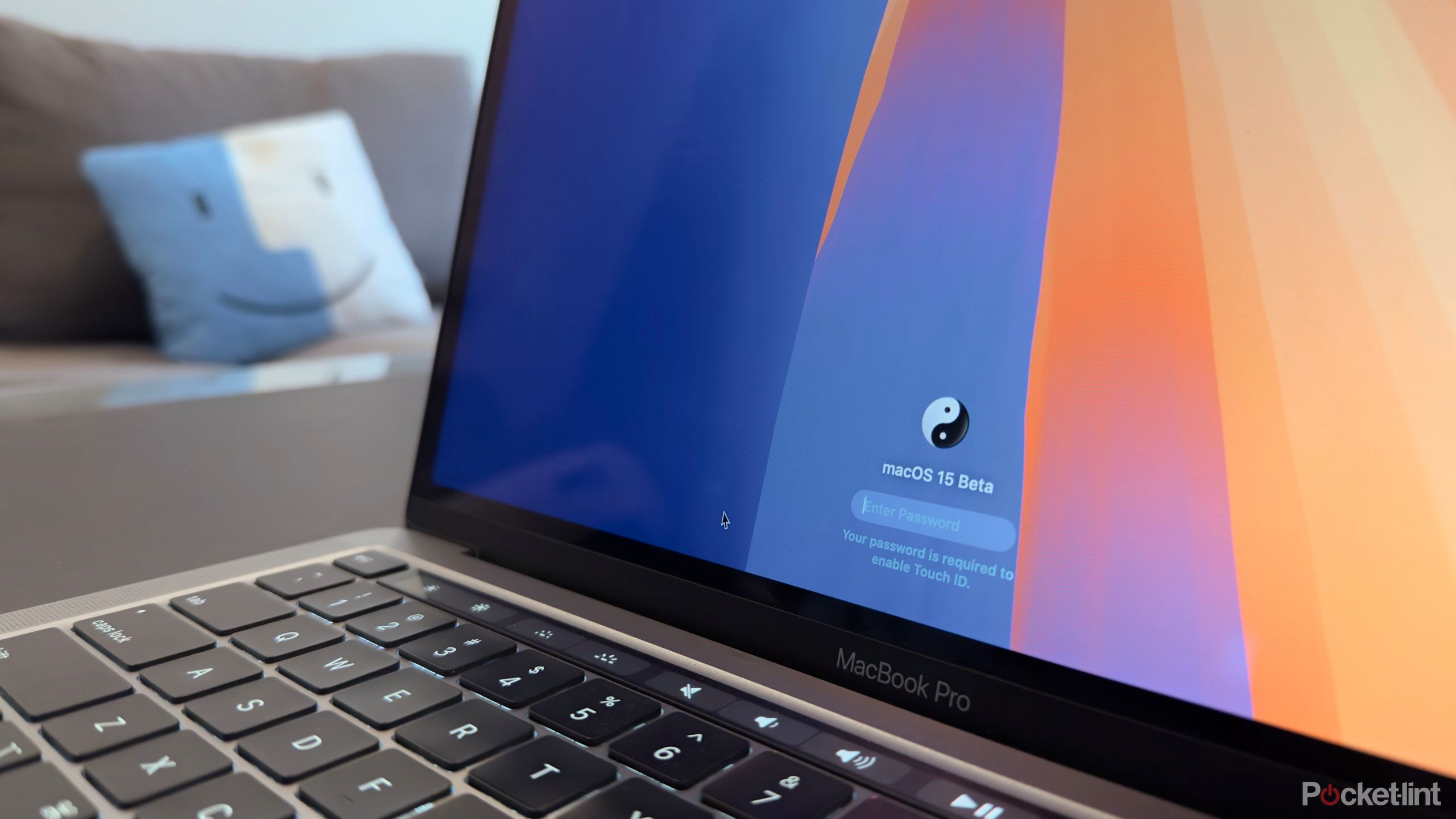
Apple’s operating systems are finally dropping together, and I’m grateful
Key Takeaways
- Apple releases iOS 18, iPadOS 18, macOS 15 Sequoia, watchOS 11, and visionOS 2 on September 16th.
- Dropping all of its operating systems at the same time is a game-changing move for Apple users.
- Apple Intelligence, the company’s leap into AI, is expected to roll out to compatible devices in October and additional language support in the future.
Like clockwork, Apple releases upgrades to its operating systems every fall after a summer of beta testing. If you’re unfamiliar with the difference between upgrade and update, let me help clarify the two terms. Updates generally refer to the dot fixes Apple issues throughout the year, like iOS 17.5, 18.1, etc. Meanwhile, upgrades are a new integer, think iOS 17, iOS 18, and so on. T
his year, Apple is doing something a little different with its latest OS releases, and I couldn’t be more excited Let me tell you why.
What operating systems are dropping, and when?
September is release month
The following operating systems released on September 16th:
- iOS 18
- iPadOS 18
- macOS 15 Sequoia
- watchOS 11
- visionOS 2
We’ll likely also see tvOS 11 and AirPods firmware updates on September 16th. However, I was unable to confirm prior to publication.
With these new OS upgrades, we get features like iPhone screen sharing on macOS, Apple’s new password app, improved screen sharing features via FaceTime, and more. I’m particularly excited about call recording and new iMessage features with iOS 18, as well as math notes and smart script with iPadOS 18.
What’s new, and why you should care
In case you didn’t know already, this is a big deal
For the first time in my memory, Apple is releasing all of its operating systems simultaneously instead of a phased release. This is a game-changing move. The iPhone maker has traditionally released iOS, iPadOS, and watchOS in September, with macOS shipping in October. Last year was the exception when iPadOS shipped alongside macOS in October rather than September with iOS and watchOS.
This synchronous drop allows Apple’s most dedicated users to get the best experience possible on day one.
While I’m sure a staggered release is better for the teams developing this software, it’s less than ideal for those of us entrenched in Apple’s ecosystem. Suppose you’re a person who only uses an iPhone and maybe an Apple Watch. In that case, Apple releasing iPadOS and macOS a month later doesn’t really impact you. Similarly, a Mac user who doesn’t own other Apple devices feels the same. However, many of Apple’s users are invested in the company’s ecosystem. I’m one of them.
Apple hypes the benefits of iCloud, Continuity, and how its devices and operating systems sync and talk to each other for a nearly seamless experience. Previously, there has been a challenge with that message with users like myself, who have an iPhone, Apple Watch, iPad, and Mac. Plus, we now also have the Apple Vision Pro. For the few weeks between when Apple releases some of its updates in September and when the rest drop in October, there’s a mishmash of what devices support which features and how some functionalities don’t sync across devices.
Thankfully, this year, and hopefully in future years, Apple has dropped all of its operating systems on the same date. This synchronous release allows Apple’s most dedicated users to get the best experience possible on day one, allowing features to sync across operating systems.
What about Apple Intelligence?
Apple promises that it’s coming soon
Apple Intelligence, the tech giant’s leap into AI, is coming to compatible iPhones, iPads, and Macs sometime in October with iOS 18.1, iPadOS 18.1, and macOS 15.1 for US English users. For those in Australia, Canada, New Zealand, South Africa, and the United Kingdom, you’ll receive localized English language support sometime in December.
Apple Intelligence will support additional languages like Chinese, French, Japanese, and Spanish sometime in 2025. When Apple Intelligence does drop, it’s unlikely all advertised features will be there right away. Be prepared to receive Apple Intelligence features in a phased approach as they get refined and ready for public release.





